To this end, Zhu Jingguo, an expert of the Intelligent Building Branch of the China Construction Industry Association, believes that the reason why consumers are unresponsive to smart homes is that the smart homes that have already been built are not very practical. In addition to a limited number of systems such as video intercoms that can have a good reputation, users do not have any special role in experiencing smart high technology in most smart homes. Some smart systems have caused inconvenience to everyday life. As a result, many users have turned off those so-called smart devices.
It is precisely because of the lack of consumer desire for purchase and the lack of enthusiasm for application. Therefore, the market's response to smart homes is quite cool. Smart home is at the fork of "Where to go."
Zhu Jingguo stated to reporters: “The promotion and production of smart homes have shown a deviation in market positioning. Frankly speaking, the propaganda, development, and construction of smart homes in the past were largely directed at the needs of real estate developers in order to increase The level of commercial housing, ignoring the real users of smart homes - the specific needs of the public."
Many factors constrain the development of smart home Through the reporter's understanding, in the home, home automation has always been the main battlefield for all manufacturers to compete for the smart home market, the two major camps in China are dominated by Haier e Jia Jia and IGRS promoted by Lenovo, Both have been approved by the Ministry of Industry and Information Technology. The former focuses on the family, the latter focuses on the office, but in the end it focuses on home networking.
In fact, in the process of home automation development, there has been a lot of market attention and user expectations. According to the Internet of Things expert and academician of the Chinese Academy of Engineering, He Hechen told reporters that the current home automation market in the Asia-Pacific region totals about 500 million U.S. dollars, mainly in developed countries such as Japan and South Korea, and it is still a long way from the 100 billion U.S. dollar market estimated by industry experts. In particular, the development of the domestic market has been slower. Home automation has only stayed in the experience halls and some of the pilot properties, which is very different from the purpose of providing a comfortable and rich living environment, a convenient and flexible way of life, and an efficient and reliable working model. In some projects that are promising in the industry, users expect, and technical support, they have not been applied on a large scale.
Breakthrough in bottlenecks requires multiple efforts With the advancement of science and technology and the development of people's needs, the smart home industry will usher in an unprecedented market opportunity. Making life smarter is the ultimate goal of home automation. This requires the joint efforts of the government, enterprises, and the public to focus on the industry and regulate the industry from a big point of view. We must start from a small place, solve pressing problems, and overcome bottlenecks in development.
In this regard, Qi Hejun suggested that government and industry associations should scientifically lead the development of the industry, maintain appropriate competition, and promote technological integration. Home automation is a systematic project that requires extensive planning and never-ending improvements. At present, the domestic home automation industry has gathered companies in many fields such as real estate, home appliances, communications, and security. The integration of these elements, the distribution of benefits, and the division of duties require an authoritative organization to lead and promote.
Creating social value is the only reason for the existence of the industry. A multi-win-win business model is the only choice for a home automation system to truly enter the family. As we all know, the market consists of population, purchasing power, willingness to buy, and the environment. To meet the needs of the general public, the market can be made bigger.
At present, consumers need smart home products with stable performance, reasonable price, and convenient use. This requires relevant companies to provide plug-and-play practical, stupid, modular products, monopoly technologies, and barriers to increase and other competitive means. The approach will only make the entire industry stagnant. Only by improving the transparency of the industry and the utilization of resources, and by reducing the cost of products through collaboration and economies of scale, will it be the king to jointly promote the healthy development of the industry.
Professionals believe that there are three main problems that govern the development of the smart home industry:
First, the integration of industry standards is difficult. Due to historical reasons and economic interests, the current two domestic standards for smart homes belong to ejiajia and IGRS, which represent home appliance manufacturers and IT vendors, respectively. Moderate competition can promote technological progress, but too much competition will result in the waste of resources and the development of standardism, the high cost of compatibility and monopolistic costs, and the drive of short-term interests will lead the technology and market to the wrong direction. Therefore, the integration of smart homes across industries and sectors and the integration of industrial chains are imminent.
Second, the degree of technical specialization is high. Unlike computer products and home appliances that can be plugged and used, current home automation products require professional personnel to install, debug, and use training. Users cannot obtain experience and enjoyment from use. Therefore, their willingness to use and purchase is reduced. At the same time, a high degree of product specialization means high investment in R&D and difficulty in technology sharing. These factors are directly reflected in the price and performance of products, creating a situation of high prices. Therefore, to strengthen the practicality of technology and improve product popularity, we must first of all address the complexity of technology, allow more practitioners to enter the industry, reduce costs through competition, and promote marketization.
Third, the progress of product intelligence is slow. Smart home involves many subjects such as computer, communication, automation, and electronics. No company can do its job with its own power. At present, there are many products related to the home automation industry in China, but the level of intelligence is low. Its products and services are only used as a supplement to artificial, rather than the main force to change the way of life.
kitchen nano emery magic clean rust removal sponge melamine sponge for a wide variety of curved, contoured or flat surface applications on wood, metal, paint, plastic, ceramics and drywall.the combination of flexible foam backing material and abrasive grit adhesion continually releases sanded material.Foam backing allows optimum pressure distribution to prevent sanding through surfaces,pressure spots are eliminated providing even surface pattern.Flexible foam allows adaptability to contours, shapes or areas of limited access,no folding or buckling results in an even pattern without scratching
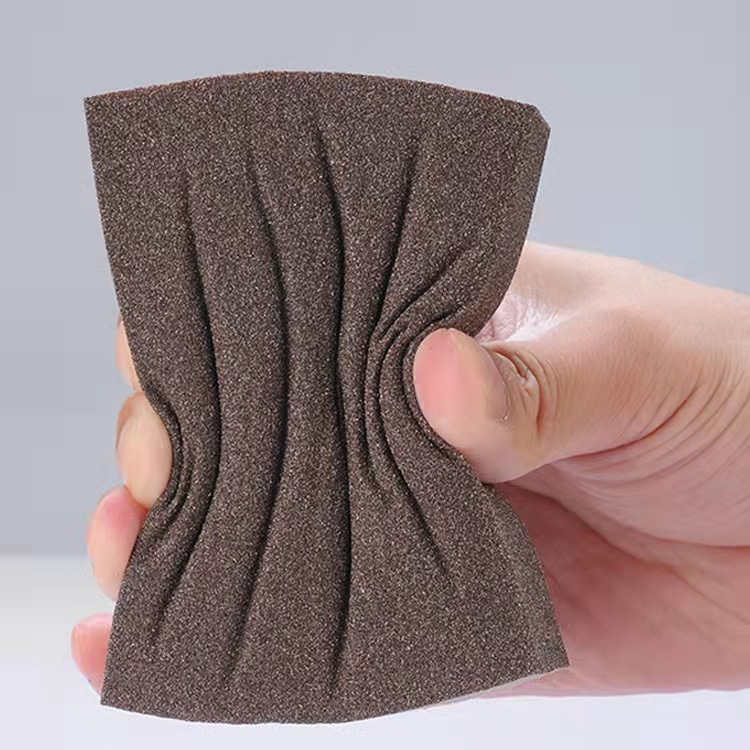
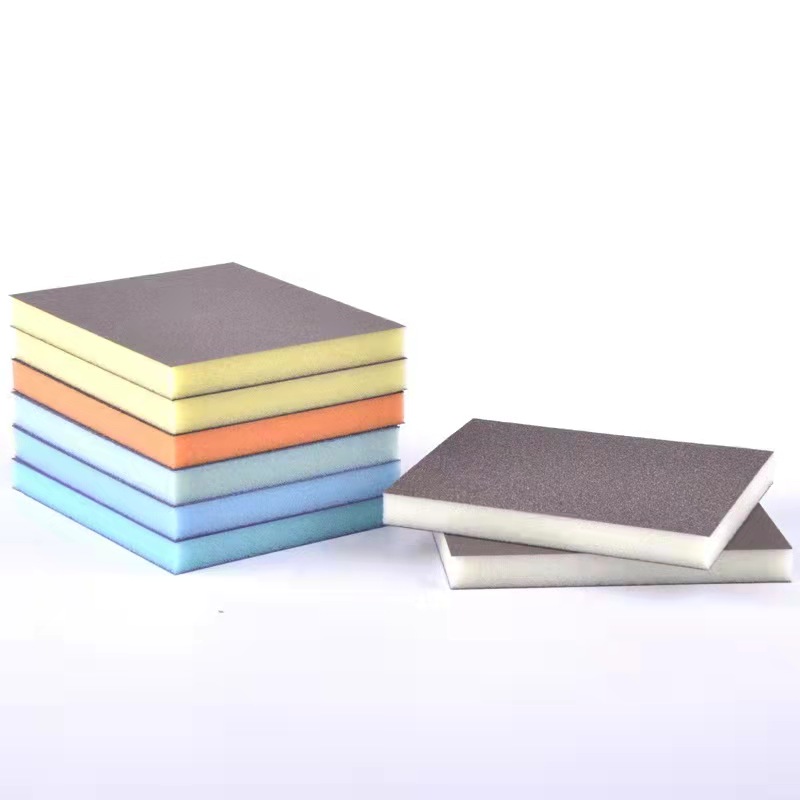
Buffing Wheel is made of finely cotton cloth by special technology and is the precision polishing tools of metal and non-metallic workpieces,It is made of mutillayers 100% cotton cloth sewn surround by the center,with a leather lip attached around the inner hole. High quality material, exquisite workmanship, long service life.Specially used for polishing jewelry, ornaments, or precise products.The layers of cloth edge with pile processing,suitable for metal, jewelry hardware,stainless steel, aluminum products, wood, plastic, ceramic, glass and watch industry grinding and polishing.Working with polishing wax polishing effect is better.
We distributes and wholesales various brands of Bonded Abrasives , Abrasive Sanding Disc, Cutting Wheels , Flap Wheels , Flap Disc Backing Pad, Flap Disc Adhesive , and Surface Conditioning Product etc, and enjoy a high position among consumers.
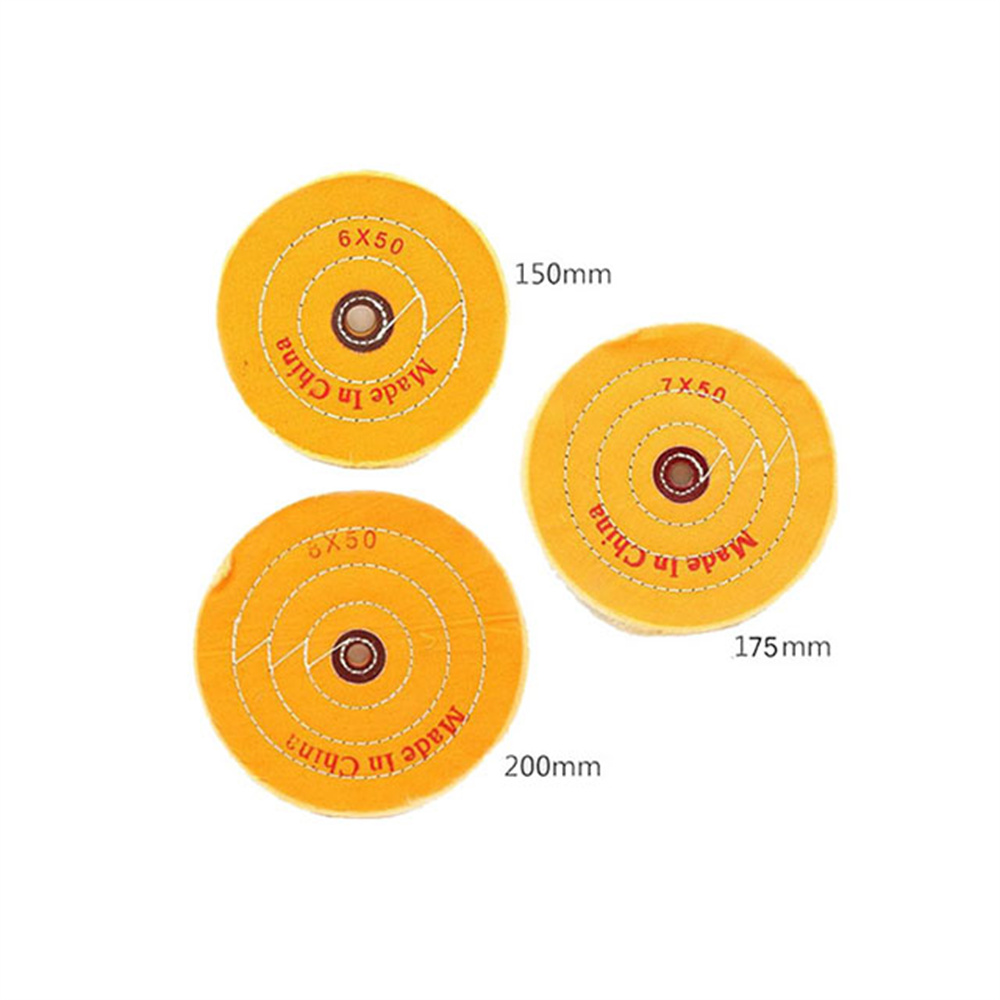
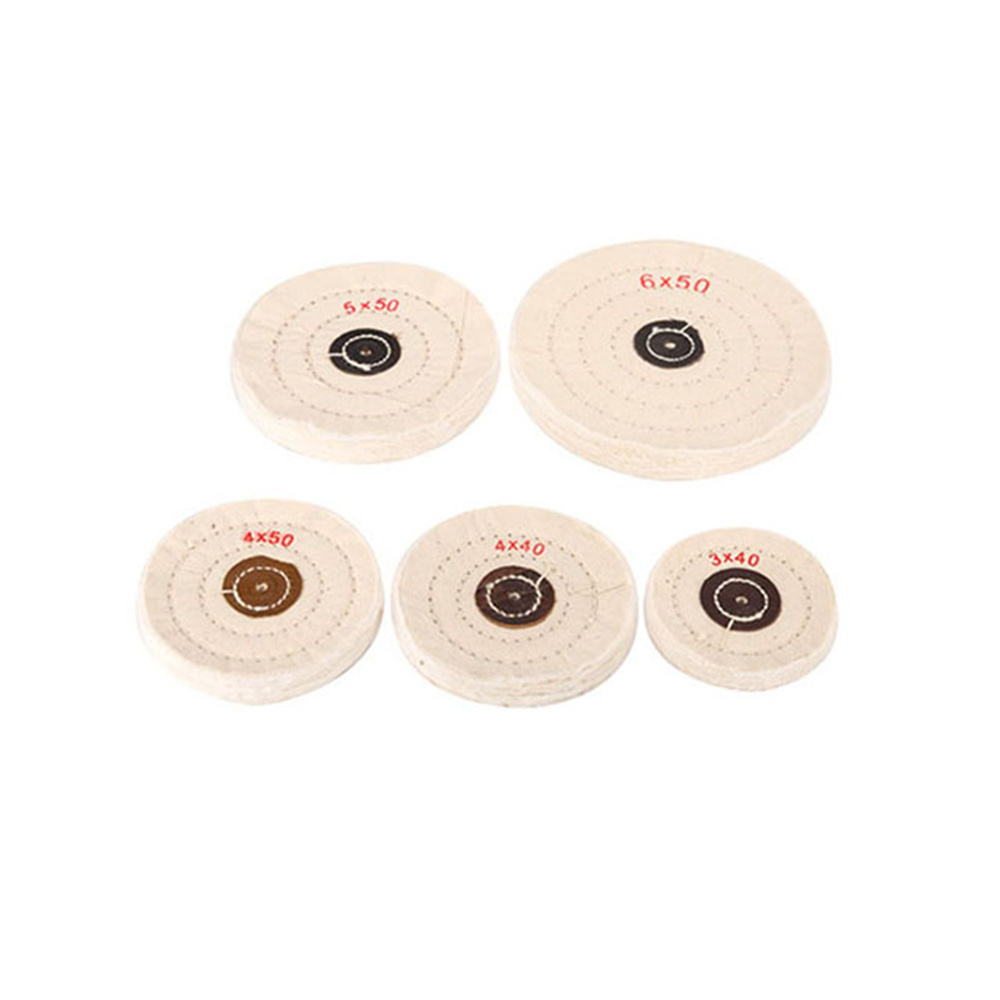
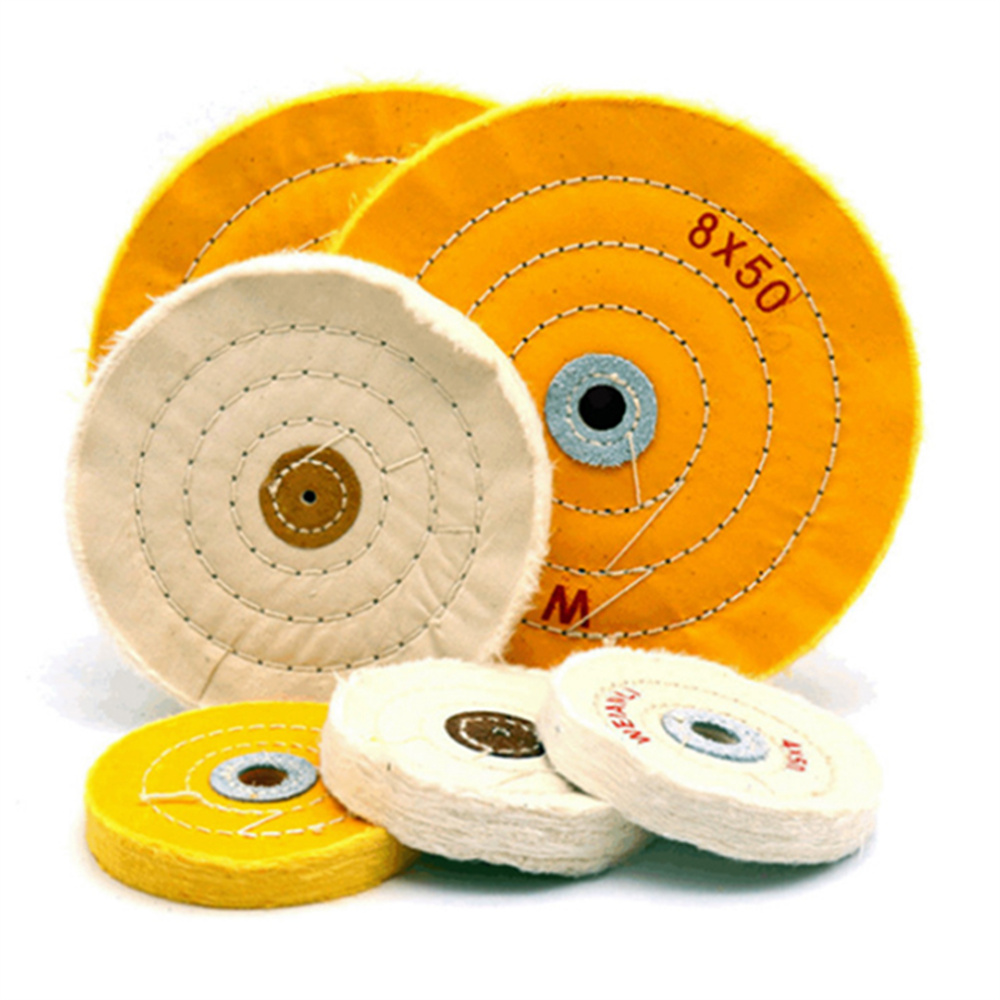
Polishing Wheels,cotton wheel polishing,Tire Buffing Wheel,cotton buffing wheels,loose cotton buffing wheel
Zhengzhou Jiading Abrasive Manufacturing Co.,Ltd , https://www.jiadingabrasive.com